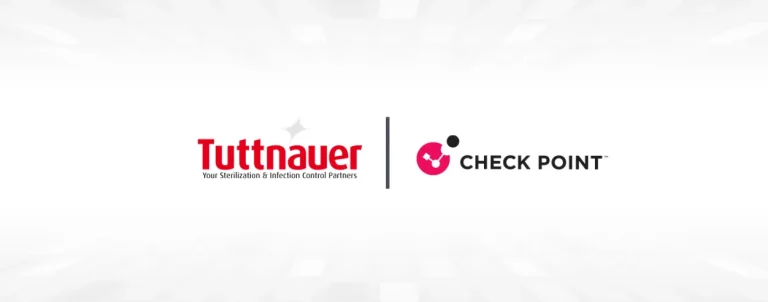Manila, Philippines – Organisations in the Philippines are increasingly being targeted by cyberattacks over the last six months, noting an average of 4,0003 attacks per week on a single organisation. This figure, according to the latest report from cybersecurity solutions firm Check Point Software Technologies, is significantly higher than the APAC average of 2,870 attacks per week.
In this report, the firm observed that the manufacturing sector in the country faces a significant cybersecurity threat, with an alarming average of 9,146 attacks per week per organisation, a stark contrast to the APAC average of 2,632 attacks.
Said sector is also the second economic driver of the Philippines economy, accounting for about 3.78 trillion pesos and 17.9% of the country’s GDP. Based on these results, it was further noted that its essential economic contribution makes it an attractive target for cybercriminals seeking financial gain.
On a similar note, the country’s finance and banking sector also experienced higher cyberattacks compared to APAC, with an average of 2,968 per week per organisation compared to the APAC average of 2,170.
Furthermore, information disclosure stood out with the highest impact in terms of vulnerability for organisations in the Philippines, affecting 70% of businesses. This exposes sensitive information such as usernames, passwords, and encryption keys, putting companies at high risk of exploitation.
In addition, the report highlights the top 5 malware threats plaguing the Philippines, which include Androxgh0st (12.7%), Lumma (11%), Asyncrat (7.7%), Floxif (7.3%), and Necro (6.3%).
These findings underscore the rapidly evolving cyber threat landscape, with malicious actors increasingly leveraging AI and automation to execute complex attacks. In response to this rising threat, the company recommends organisations in the Philippines adopt prevention-first, AI-powered cybersecurity strategies.
Teong Eng Guan, regional director, Southeast Asia and Korea, at Check Point Software Technologies, said, “Cyberattacks in the Philippines are escalating both in frequency and sophistication, placing immense pressure on organisations to stay ahead of evolving threats.”
“From targeted malware campaigns to AI-driven threats, the stakes are higher than ever. Organisations must adopt a proactive, AI-powered cyber security approach to defend against today’s threats and protect their critical data and systems effectively,” he added.











